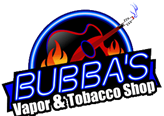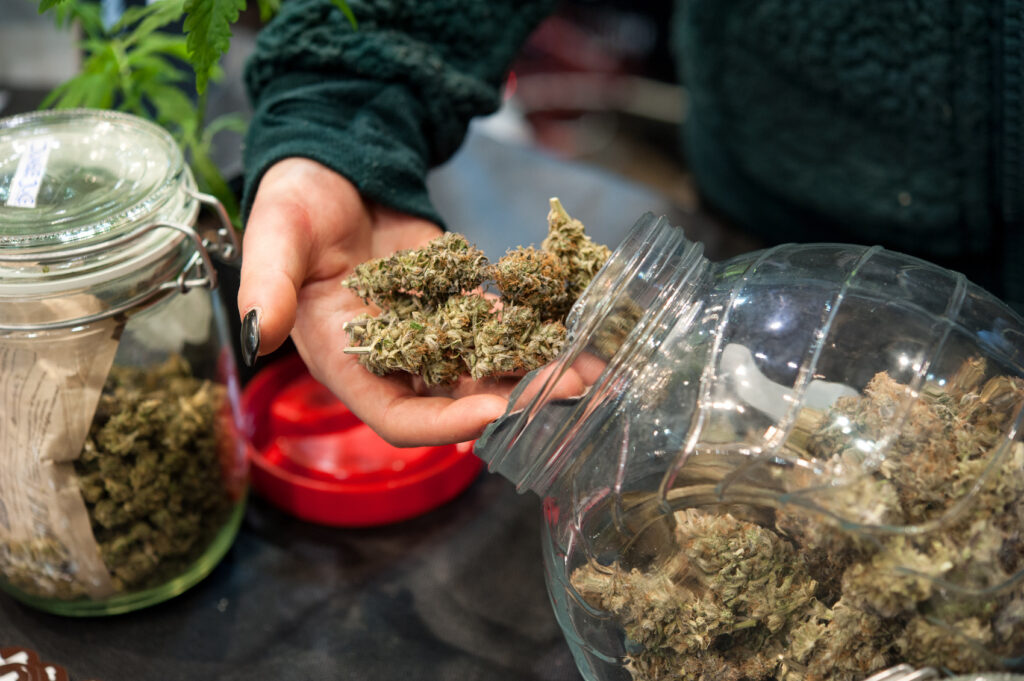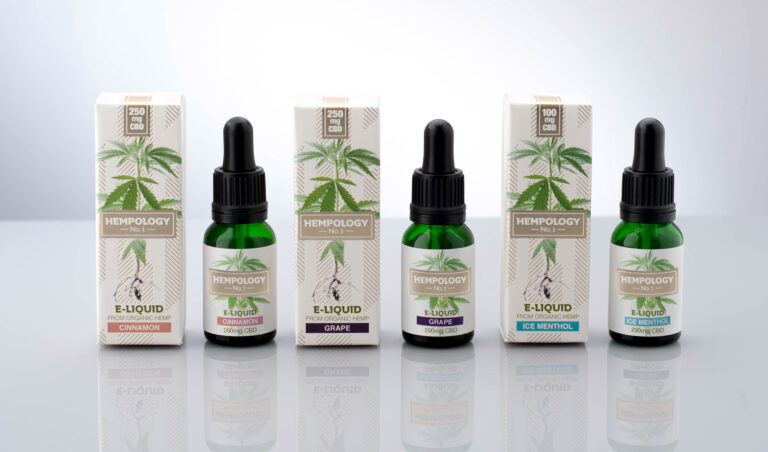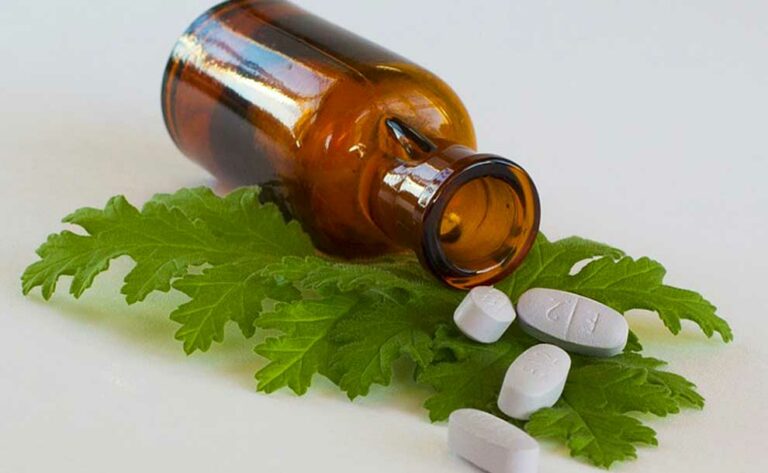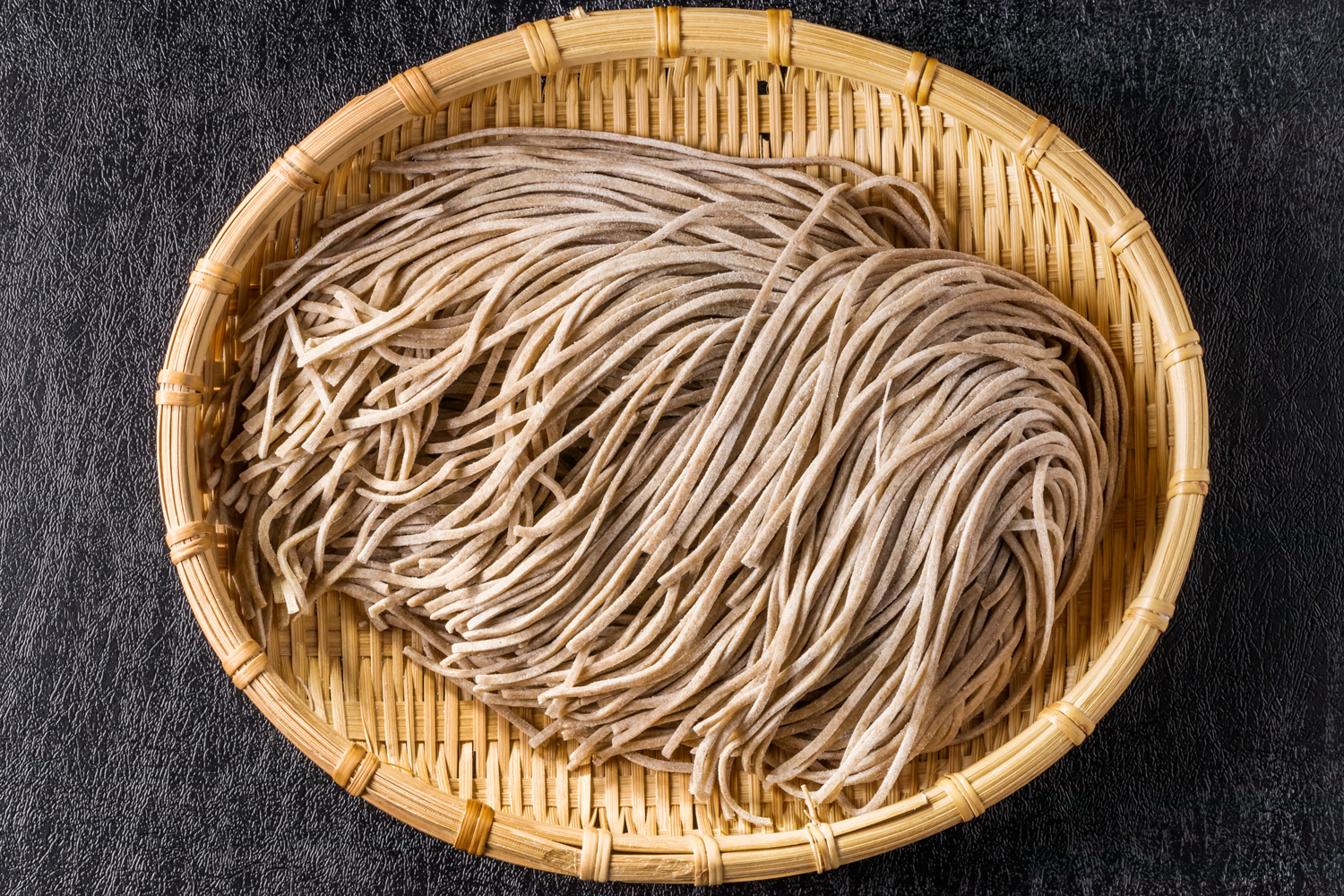As the cannabis industry expands and new products emerge, two compounds have gained significant attention: CBD and Delta 8 THC. While both are derived from the hemp plant, they have distinct properties and potential benefits. In this comprehensive guide, we explore the differences between CBD and Delta 8 THC, including their chemical structures, psychoactive effects, potential therapeutic applications, and legal considerations.
Chemical Structure and Composition
CBD, short for cannabidiol, is a non-intoxicating cannabinoid found in both hemp and marijuana plants. It is one of the most abundant compounds in hemp and is known for its potential therapeutic properties. Delta 8 THC, or Delta-8-Tetrahydrocannabinol, is a minor cannabinoid found in hemp plants. It possesses psychoactive properties, although milder than Delta 9 THC, the primary psychoactive compound in marijuana. Delta 8 THC and CBD have similar chemical structures but differ in the arrangement of their atoms, resulting in distinct effects on the body.
Psychoactive Effects
One of the primary differences between CBD and Delta 8 THC is their psychoactive effects. CBD is non-psychoactive, meaning it does not produce a “high” or alter cognition. It interacts with the endocannabinoid system to support overall balance and well-being without inducing intoxication. On the other hand, Delta 8 THC is psychoactive, although its effects are generally reported to be milder compared to Delta 9 THC. Delta 8 THC may produce a sense of relaxation, euphoria, and mild intoxication.
Potential Therapeutic Benefits
Both CBD and Delta 8 THC have been studied for their potential therapeutic benefits, although their mechanisms of action and specific effects may differ. CBD is widely recognized for its potential anti-inflammatory, analgesic, anxiolytic, and neuroprotective properties. It has shown promise in managing various conditions, including anxiety, pain, inflammation, epilepsy, and sleep disorders. Delta 8 THC is believed to possess antiemetic properties, reducing nausea and vomiting. It may also have analgesic effects, providing potential relief from pain and inflammation.
Legal Considerations
The legal status of CBD and Delta 8 THC varies depending on jurisdiction. In the United States, CBD derived from hemp with less than 0.3% THC concentration is federally legal under the 2018 Farm Bill. However, regulations may differ at the state level. Delta 8 THC’s legality is more complex and subject to interpretation. Some states have explicitly banned or restricted Delta 8 THC, while others permit its sale within specific regulations. It is crucial to familiarize yourself with local laws and regulations before purchasing or using these compounds.
Consumption Methods and Product Availability
Both CBD and Delta 8 THC are available in various forms to accommodate different preferences and needs. They can be found in oils, tinctures, edibles, vape cartridges, topicals, and more. CBD products are widely available, with a variety of brands and concentrations to choose from. Delta 8 THC products may be more limited due to potential legal restrictions, but they can still be found in select markets. It is important to ensure product quality and safety by purchasing from reputable manufacturers who adhere to good manufacturing practices and provide third-party lab testing.
Individual Reactions and Dosage Considerations
Individual responses to CBD and Delta 8 THC can vary depending on factors such as body chemistry, metabolism, and dosage. It is advisable to start with low doses and gradually increase as needed while closely monitoring your body’s response. Consulting with healthcare professionals can provide guidance on dosage and potential interactions with medications or underlying health conditions.
Synergistic Effects and the Entourage Effect
Both CBD and Delta 8 THC can interact with other cannabinoids, terpenes, and compounds present in the hemp plant, potentially enhancing their effects. This synergistic interaction is known as the entourage effect. While CBD and Delta 8 THC can be beneficial on their own, their combined effects with other plant compounds may offer additional therapeutic benefits. Further research is needed to understand the complexities of the entourage effect and how it relates to CBD and Delta 8 THC.
Chemical Structures and Extraction
CBD and Delta 8 THC have similar chemical structures, both consisting of 21 carbon atoms, 30 hydrogen atoms, and two oxygen atoms. However, the slight differences in the arrangement of these atoms result in unique effects on the body. CBD is typically extracted from hemp using various methods, such as CO2 extraction, while Delta 8 THC is derived through a process of converting CBD into Delta 8 THC using specific chemical reactions.
Psychoactive Properties
CBD is non-psychoactive, meaning it does not produce a high or alter cognitive function. It interacts with the endocannabinoid system to support overall balance and well-being without inducing intoxication. On the other hand, Delta 8 THC is psychoactive, although its effects are generally reported to be milder compared to Delta 9 THC. Delta 8 THC may produce a sense of relaxation, euphoria, and mild intoxication, but to a lesser extent than Delta 9 THC.
Potential Therapeutic Applications
CBD has been widely studied for its potential therapeutic benefits. It is known for its anti-inflammatory properties and has shown promise in managing various conditions such as anxiety, pain, epilepsy, and sleep disorders. Delta 8 THC, although less researched, is believed to possess antiemetic properties, reducing nausea and vomiting. It may also have analgesic effects, providing potential relief from pain and inflammation.
Legal Considerations
The legal status of CBD and Delta 8 THC varies. CBD derived from hemp with less than 0.3% THC concentration is federally legal in the United States under the 2018 Farm Bill. However, regulations may differ at the state level. Delta 8 THC’s legality is more complex and subject to interpretation. Some states have explicitly banned or restricted Delta 8 THC, while others permit its sale within specific regulations. It is crucial to familiarize yourself with local laws and regulations before purchasing or using these compounds.
Conclusion
CBD and Delta 8 THC are two distinct compounds derived from the hemp plant, each with its own unique properties, potential therapeutic benefits, and legal considerations. CBD is non-psychoactive and has gained recognition for its wide range of potential applications. Delta 8 THC is psychoactive, albeit milder than Delta 9 THC, and may offer specific benefits such as antiemetic and analgesic effects. Understanding the differences between CBD and Delta 8 THC can help individuals make informed choices about their usage and potential benefits while navigating legal considerations.
